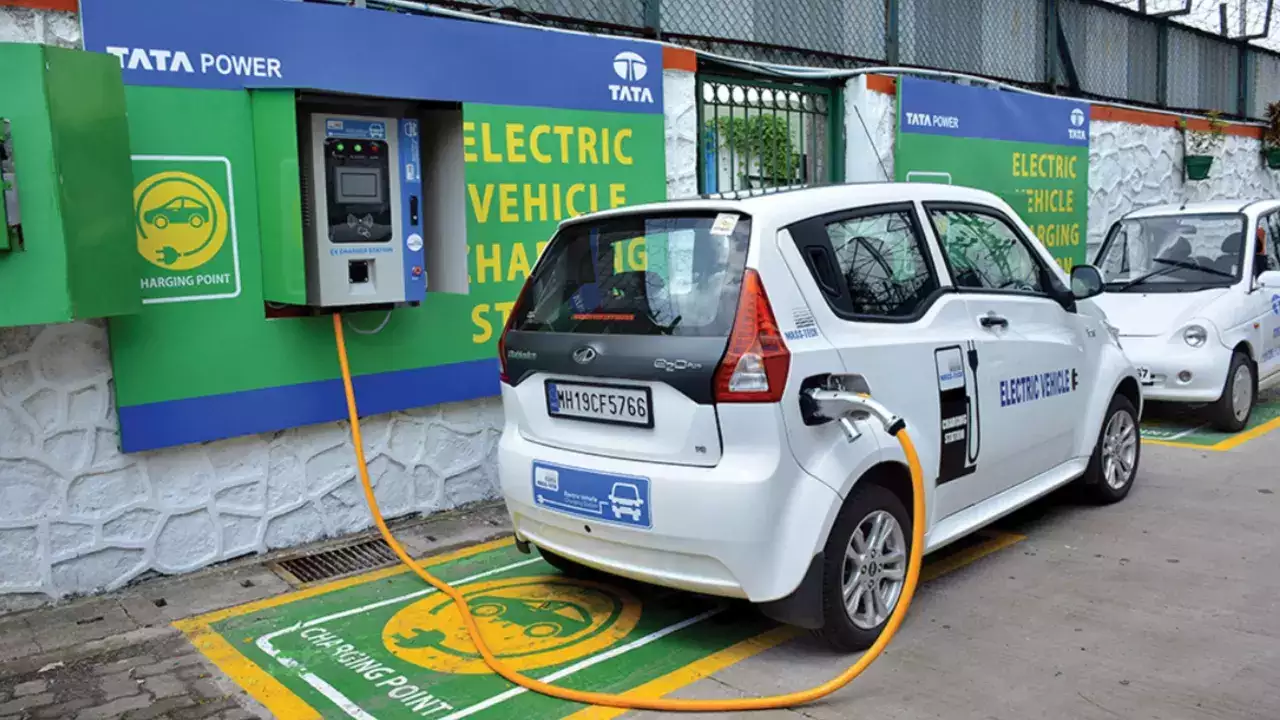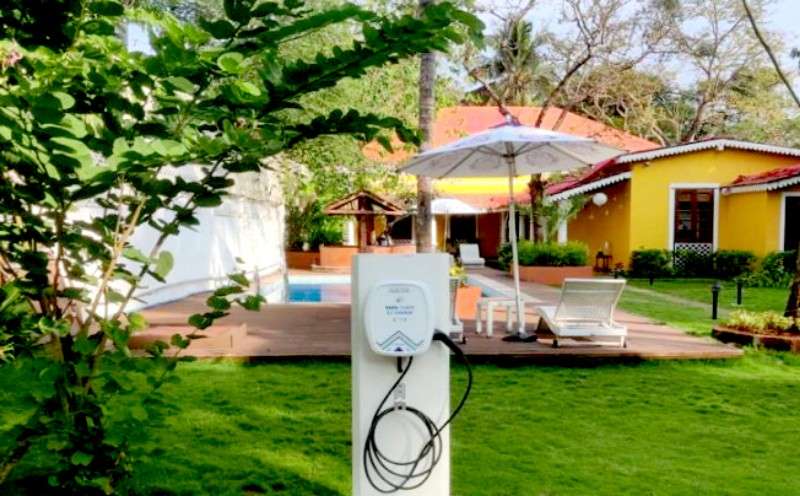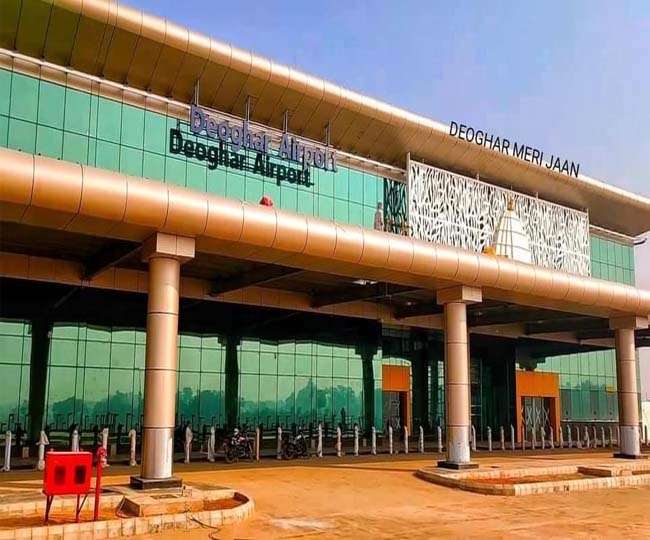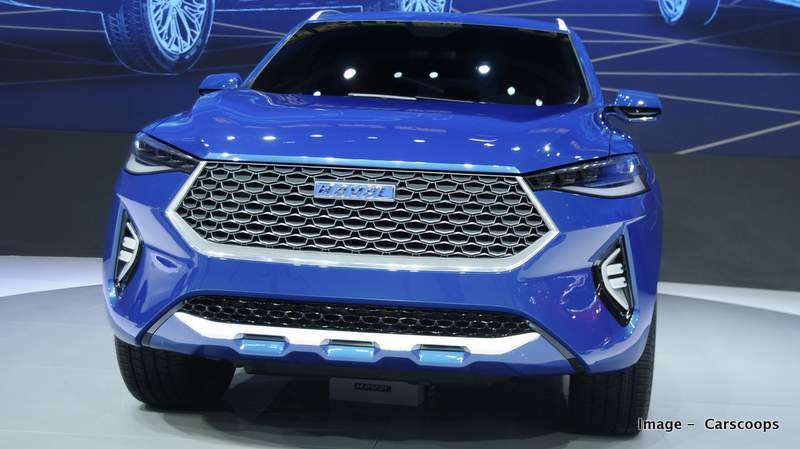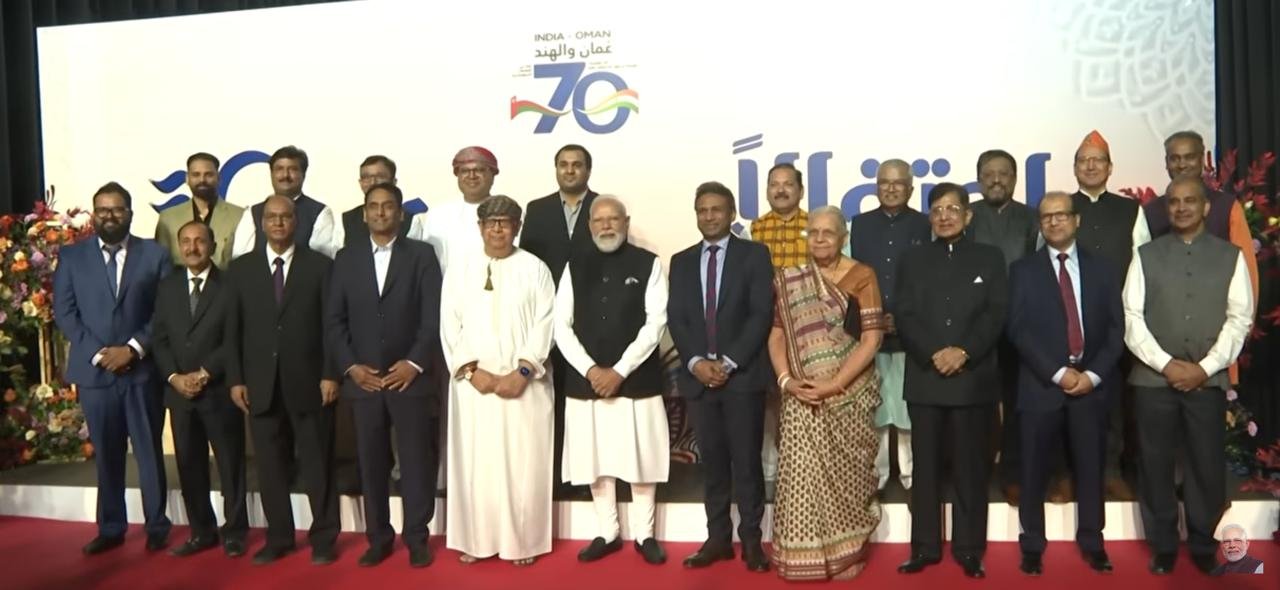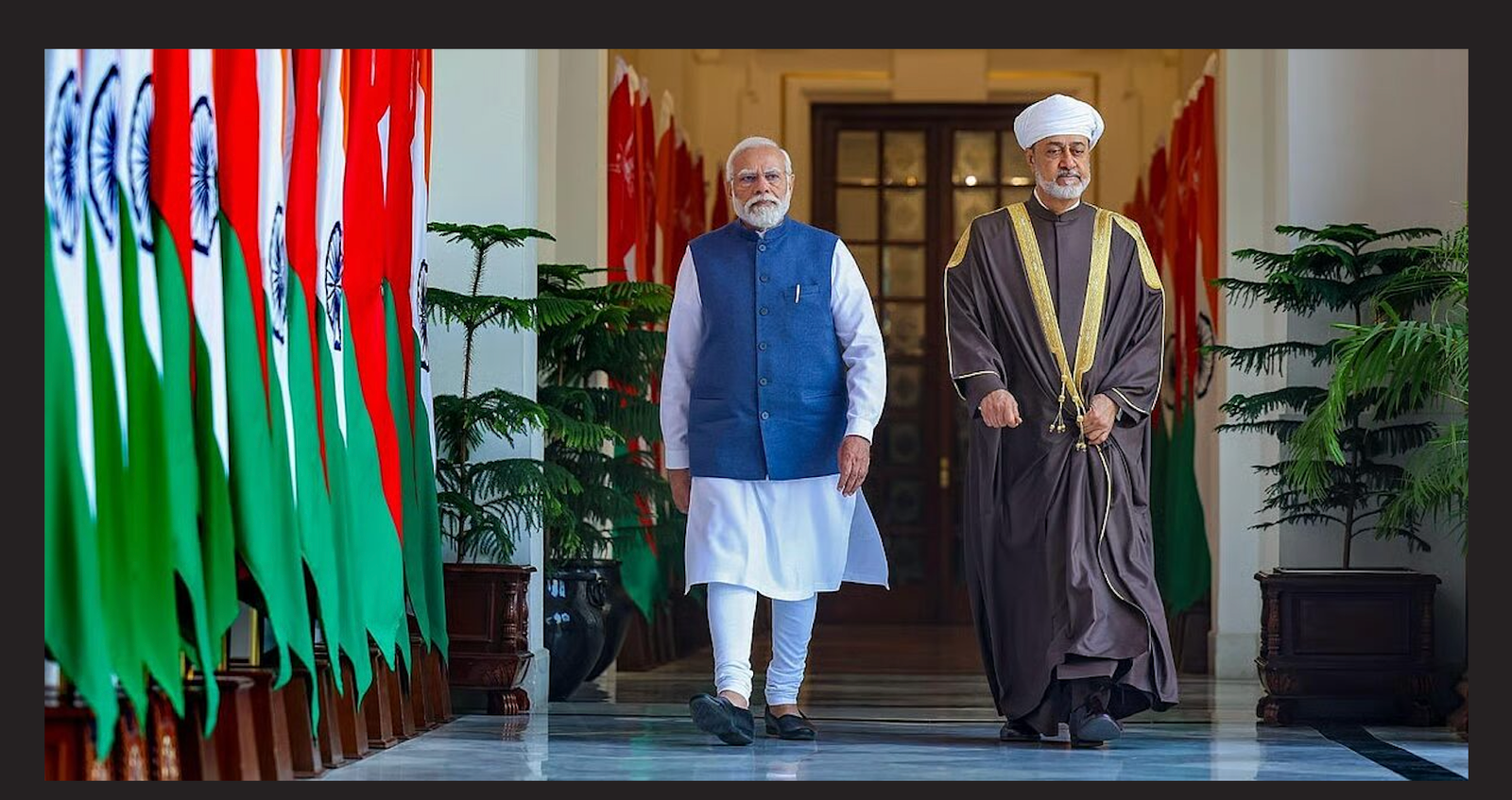Behind the move of switching to cleaner transport is India’s goal of cutting 1 billion tons of carbon dioxide emissions by the end of this decade and turning net carbon zero by 2070
India has chalked out plans to release the final details of a nationwide battery-swapping policy for electric two- and three-wheelers later this month, Bloomberg News quoted a person familiar with the matter. Behind the move of switching to cleaner transport is India’s goal of cutting 1 billion tons of carbon dioxide emissions by the end of this decade and turning net carbon zero by 2070.
The government wants to standardize the size of batteries to make them compatible with all vehicles using swap stations, according to the 40-page document prepared for the programme. While India is not likely to introduce standardized batteries for swap stations immediately — it would need “close coordination” among swapping-point operators – that will be the ultimate goal, the document stated.
In an effort to increase EV uptake, the government has increased subsidies for electric two-wheeler purchases and launched bulk procurement tenders for electric three-wheelers and buses. It has also offered INR 259 billion ($3.3 billion) of production-linked incentives to boost domestic EV manufacturing
Replacing drained out batteries with fresh ones in a matter of minutes has the potential to expedite India’s push toward electrifying the world’s biggest two-wheeler market, where lack of charging stations is a key hurdle to EV adoption.
In India, battery swapping is mainly used by electric scooters and rickshaws that make up e-commerce delivery fleets. By 2030, about 30% of all vehicles sold in India will be electric but most of them will be two- and three-wheelers; electric passenger cars will make up only about 5% of total EV sales, according to estimates from consultancy Arthur D. Little.
In an effort to increase EV uptake, the government has increased subsidies for electric two-wheeler purchases and launched bulk procurement tenders for electric three-wheelers and buses. It has also offered INR 259 billion ($3.3 billion) of production-linked incentives to boost domestic EV manufacturing.
******************************************************
Readers
These are extraordinary times. All of us have to rely on high-impact, trustworthy journalism. And this is especially true of the Indian Diaspora. Members of the Indian community overseas cannot be fed with inaccurate news.
Pravasi Samwad is a venture that has no shareholders. It is the result of an impassioned initiative of a handful of Indian journalists spread around the world. We have taken the small step forward with the pledge to provide news with accuracy, free from political and commercial influence. Our aim is to keep you, our readers, informed about developments at ‘home’ and across the world that affect you.
Please help us to keep our journalism independent and free.
In these difficult times, to run a news website requires finances. While every contribution, big or small, will makes a difference, we request our readers to put us in touch with advertisers worldwide. It will be a great help.
For more information: pravasisamwad00@gmail.com

